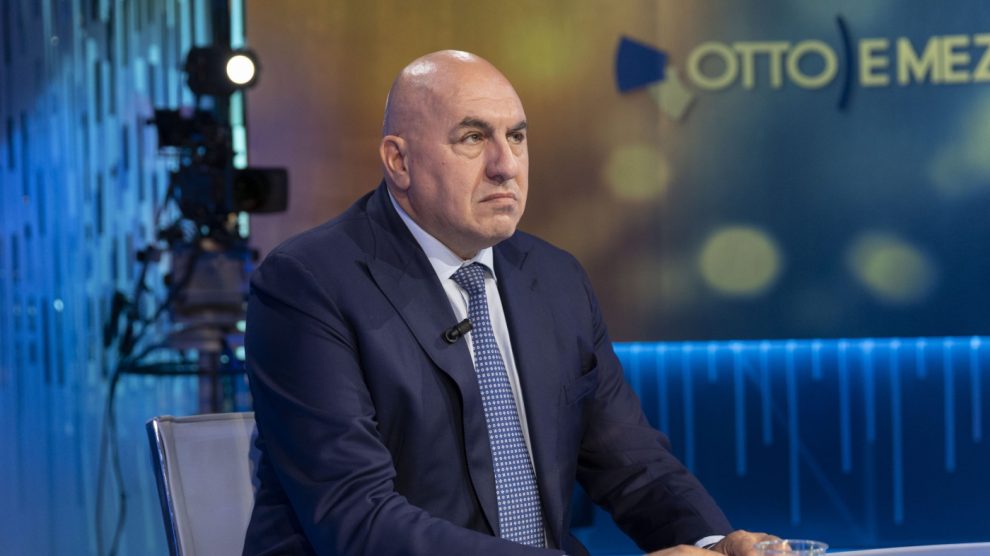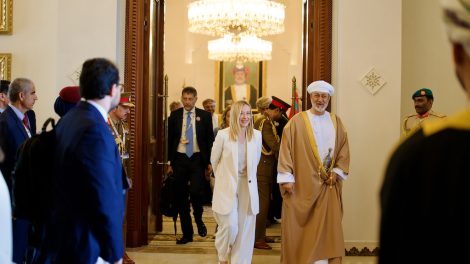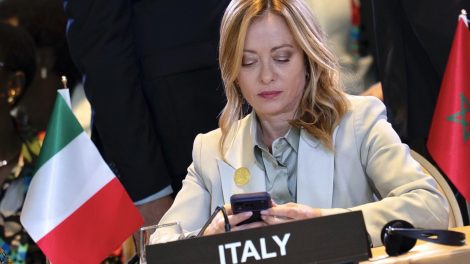Rome is keeping an eye on Niamey, as the newly-installed military junta in the Nigerien capital rejects international calls to re-establish the constitutional order and neighbouring Mali and Burkina Faso – also controlled by military strongmen – back it. On Monday, Italian Prime Minister Giorgia Meloni gathered the chiefs of Italy’s intelligence divisions, along with Foreign Minister Antonio Tajani and Defence Minister Guido Crosetto, to take stock of the situation.
- According to an official note, they spoke of the almost 500 Italians in Niger (most of whom “are cooperating”). Those include the 350 military personnel tasked with training the local forces through bilateral and EU missions to counter the jihadist groups active in the Sahel.
- In the following hours, the government began to repatriate willing Italian citizens through an ad-hoc flight. Foreign Minister Antonio Tajani also announced that the Italian Embassy in Niamey would “remain open and operational, also to contribute to the ongoing mediation efforts.”
It’s delicate. Very delicate. Italy’s concerns about the deteriorating security in Niger – as well as the wider Sahelian area – are compounded by its fears that Western action could aggravate the situation. As neighbouring countries from the ECOWAS bloc imposed sanctions and threatened the use of force, Nigerien protestors have been burning the flags and attacking the embassy of France, a former colonial power, which they warned against “interfering” with national affairs.
- Acknowledging the anti-colonial and partly anti-Western sentiment displayed by protesting locals (stoked by the likes of the Wagner Group’s Yevjeny Prigozhin, though Moscow later distanced itself from him), Minister Crosetto cautioned against any “intervention by white Europeans to resolve an internal matter,” which “would risk having deflagrating effects.”
Focus on stability. “It’s fine to maintain the European contingents, but it’s time to reason,” he added, noting the risk of “playing cowboys in the saloon” in an African region where “we cannot afford any more earthquakes.” His remarks were directed at France, which has the largest military contingent in Niger and is among the countries considering the “toughest actions” (Paris on Monday denied it would intervene militarily).
- “The worst scenario would be France moving alone with [ECOWAS] States,” he added, noting that the West should throw water and not fuel on the fire and that the situation might be “recoverable” without too-harsh interventions. It’s an “odd” coup, he explained, as it’s not clear if the military had adhered because of conviction or to avoid a civil war.





